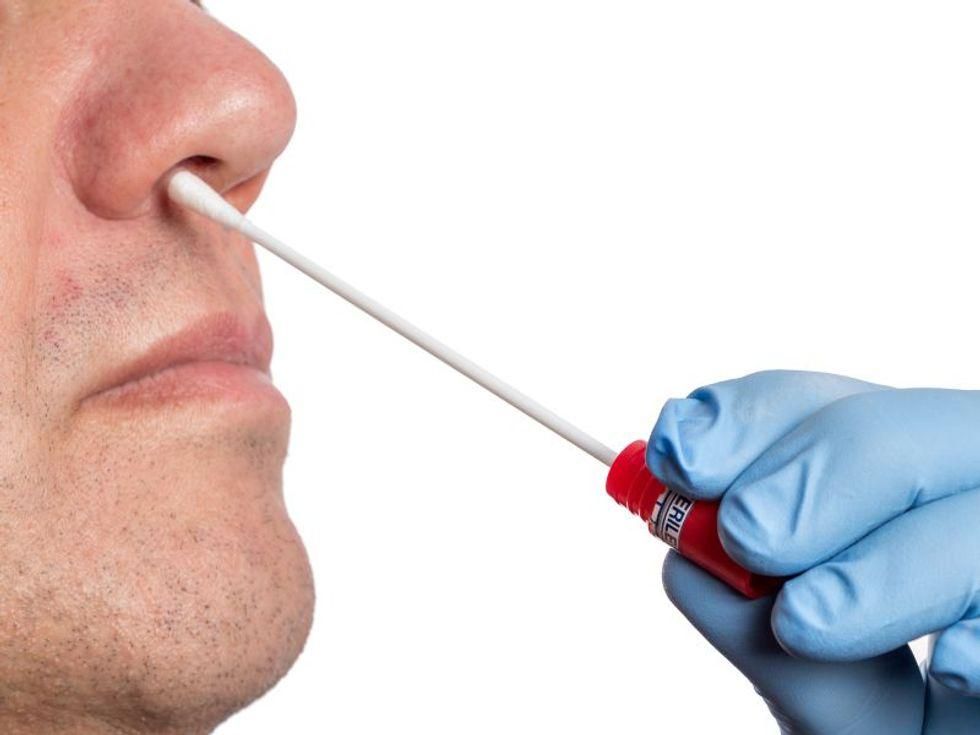
Checking older adults’ resting heart rate could help identify those who are more likely to experience a decline in mental function, a Swedish study suggests. The researchers found that a high resting heart rate was associated with a greater risk of dementia. “We believe it would be valuable to explore if resting heart rate could… read on > read on >


















